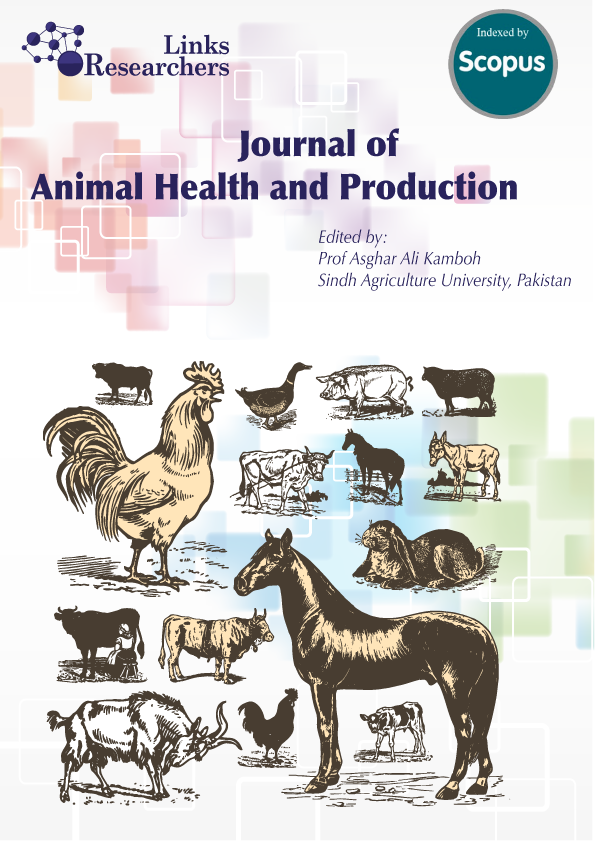An Update on the Promising Role of Organic Acids in Broiler and Layer Production
An Update on the Promising Role of Organic Acids in Broiler and Layer Production
Ghulam Abbas1*, Muhammad Arshad1, Muhammad Saeed2*; Safdar Imran3, Ashgar Ali Kamboh4, Duraid KA Al-Taey5, Muhammad Asad Aslam1, Muhammad Saeed Imran6, Muhammad Ashraf3, Muhammad Asif7, Abdul Jabbar Tanveer8, Razia Abdul Majid Qureshi9, Maria Arshad1, Hussain Ahmed Khan Niazi1, Muhammad Tariq10, Sikandar Abbas1
ABSTRACT
Organic acids (OA) are natural compounds with weak acidic properties. Their use as feed preservatives and performance enhancers in livestock and poultry have been widely studied. In poultry feed, OA have been used mainly to combat the activity of Salmonella and Escherichia. They also enhance the uptake of digested proteins and important minerals. The advantages of using OA as feed additives greatly outweigh their disadvantages like decreased palatability. Organic acids can increase egg productivity and enhance the egg quality in layers. In broiler, use of OA is associated with improved weight of birds and feed conversion ratio. Dietary OA showed 1.85-8.48% increase in the FCR of chicken. Lactic acid fed 0.3 g/kg diet reduced Escherichia coli and Salmonella significantly in the cecum of broilers. Butyric acid fed 500 g/t feed significantly increased eggshell thickness, eggshell weight, and calcium concentrations in bones and reduced ammonia concentrations in the caecum. Egg production was increased upto 9.84% by the supplementation of OA. Organic acids also have promising effect on gut health evidenced by positive effect on all the intestinal parameters. Moreover, they known to improve meat production in broilers by increasing the nutrients absorption from gut. This review article discussed all the key aspects of OA, which are being used in poultry ranging from their characteristics, uses in broiler, and layers. The reviewed literature showed that there should be the development of targeted strategies for using OA as feed additives and ultimately improving the combination of multiple probiotic barriers and OA compounds. OA commonly used as an acidifier in chicken feed are consider attractive ways to improve digestion. The use of OA may be a good choice to improve the wellbeing of poultry birds. There’s a belief that more research is required to determine the direct effect of OA in multiple stages of poultry health and diseases of infectious nature to determine the appropriate amount of supplementation of OA.
Keywords | Organic acids, Gut health, Natural compounds, Poultry health, Layer production.
To share on other social networks, click on any share button. What are these?






